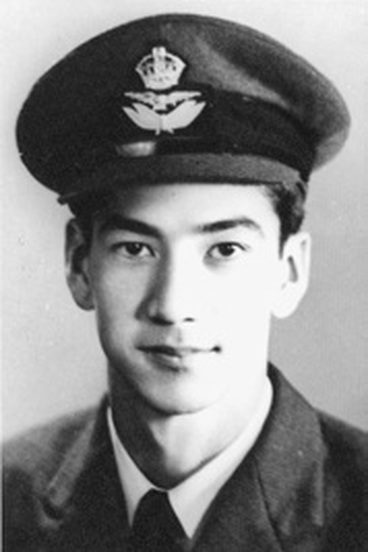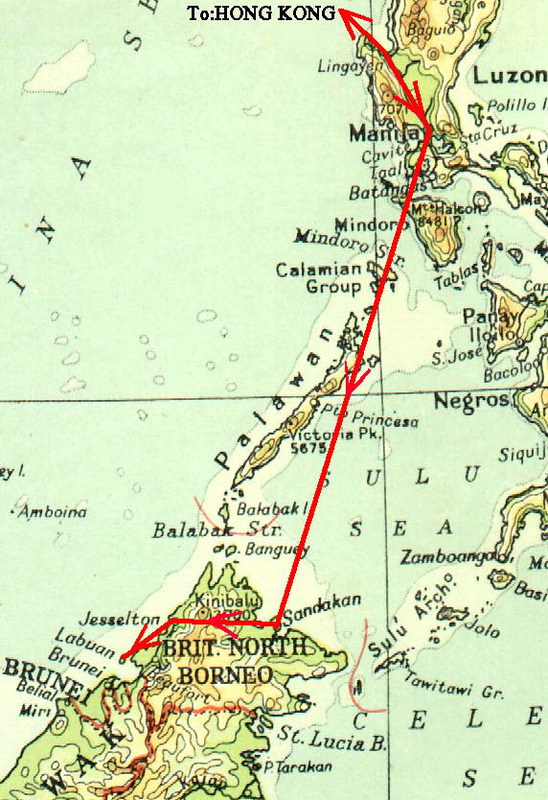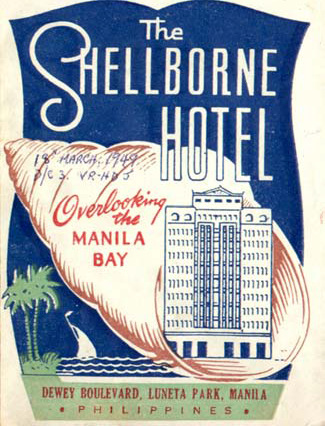My First Command Back At Cathay
However, momentous changes had occurred when I returned from the Union of Burma Airways to Cathay Pacific in June 1953. I spent a year flying the line as first officer then received my first Cathay command on 26 February 1954. With the pride of achievement I strolled out to DC3 VR-HDA Nikki (Niki) with my crew. My first officer was the likeable Lou Mose, who found death in October 1961 when he crashed into high ground near Croglin Fell, in the English County of Cumberland. S.Y. Ho was my efficient sparks with airhostess Diane Cheng. Our flight spanner, a Filipino named Raymond Rascal Racella, would join us at Manila. The run terminated in Labuan with stops at Manila, Sandakan and Jesselton. My logbook records it took nine hours and fifty-three minutes with a total duty time of thirteen hours – a hefty day’s work.
The return flight scheduled a night stop at Manila, as Kai Tak did not operate after dark. Our home from home was a drab forbidding building that overlooked Manila Bay. The Shellborne Hotel had acquired a reputation as the haunt of spirits. These earthbound entities were the restless souls of those tortured and executed by the then occupiers’ the dreaded Kempeitai - the Japanese counterpart of the German Gestapo.
It became the skipper’s fatherly responsibility to warn a new air-hostess that such a nightly visit was a possibility. This usually led to a timid knock on the door of the crew-member that might offer the greatest protection. Occasionally the skipper, the thoughtful harbinger, became the protector and comforter through the long scary night. Command brought many additional and onerous duties in those early days.
I never proved the Shelbourne’s reputation one way or the other, but an Indian hostess told me about a flight carrying two hostesses. They plotted to share a room and expose the spectral visitor. Leaving one dim light burning they loudly demanded the ghost to appear. A great horned goat materialised before their terrified eyes and testily asked what they wanted - they ran screaming from the room. She assured me she would never enter the Shellborne again. I still wonder how that cockpit crew managed such masterly special effects. After a while some of the older meddlesome hostesses caught the ear of the management and regrettably they changed the accommodation.
It became the skipper’s fatherly responsibility to warn a new air-hostess that such a nightly visit was a possibility. This usually led to a timid knock on the door of the crew-member that might offer the greatest protection. Occasionally the skipper, the thoughtful harbinger, became the protector and comforter through the long scary night. Command brought many additional and onerous duties in those early days.
I never proved the Shelbourne’s reputation one way or the other, but an Indian hostess told me about a flight carrying two hostesses. They plotted to share a room and expose the spectral visitor. Leaving one dim light burning they loudly demanded the ghost to appear. A great horned goat materialised before their terrified eyes and testily asked what they wanted - they ran screaming from the room. She assured me she would never enter the Shellborne again. I still wonder how that cockpit crew managed such masterly special effects. After a while some of the older meddlesome hostesses caught the ear of the management and regrettably they changed the accommodation.




